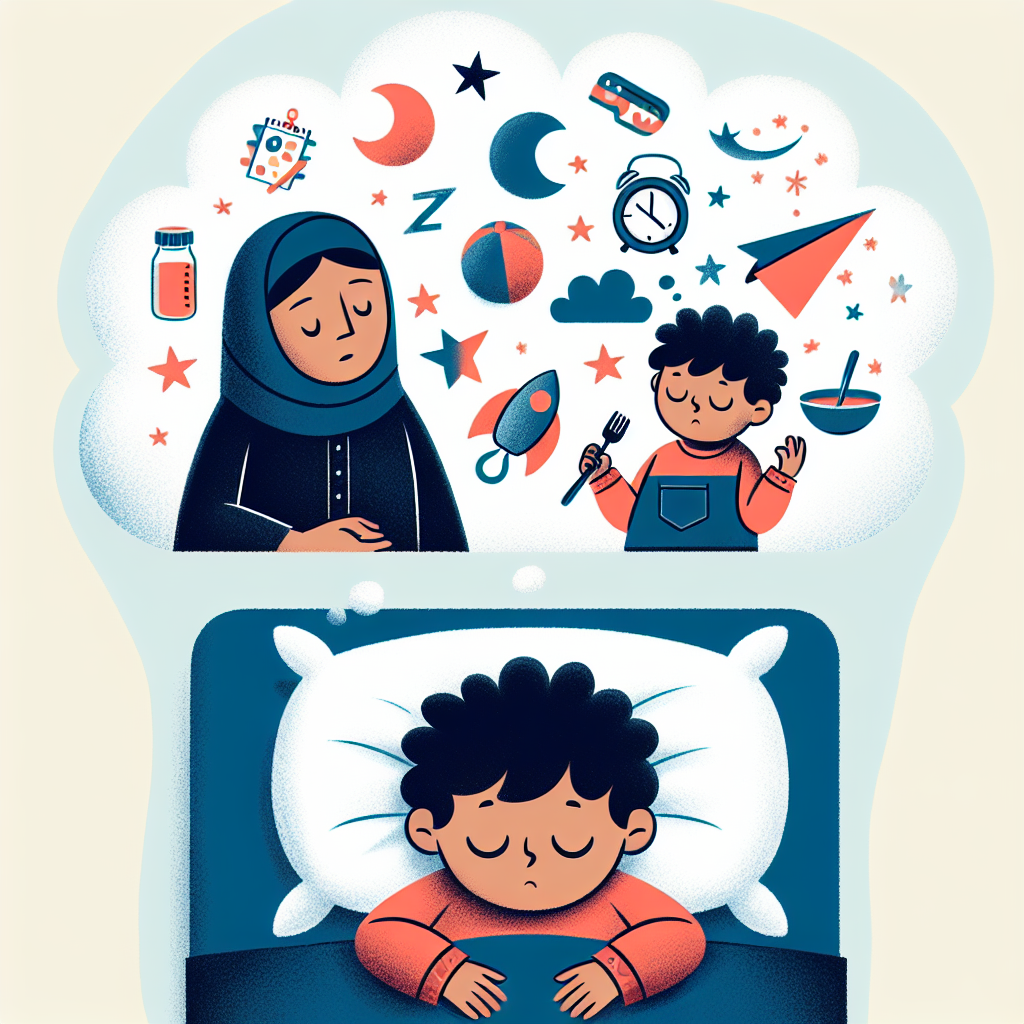Child Development: A Complete Guide to the Essential Stages
Toddlers Dream: How They See the World While Sleeping
Physical and Motor Development
When we talk about milestones in child development, physical and motor development is often the first thing that comes to mind. From the earliest days of life, children exercise their primitive reflexes that set the stage for the development of gross motor skills such as sitting, crawling, and eventually walking. But a toddler's ability to explore the world also extends during sleep.
Studies have shown that even in the stages before language development, children can have dreams. These dreams are likely to be closely related to the experiences they have during the day – simple movements and interactions with parents or toys. Even the stream of sights and sounds a child experiences during the day can end up populating their dreams at night.
Language development
Regarding language development , doctors say that around the age of 2, children begin to speak, having a vocabulary of about 50 words. Language is not only a communication tool but also a way for children to express their dreams and narrate their experiences during sleep. Although it is difficult to determine exactly when children begin to dream with subject and predicate, it is clear that language development plays a crucial role in their ability to imagine and reimagine the world around them.
However, it is interesting to note that before they can speak, children have the ability to dream. Although their visualizations may be less complex than an adult's or an older child's, they are still fundamental to their learning and development.
Emotional Development
Another key element in child development is emotional growth. A child's emotions, including those felt during dreams, are essential for the development of relationships and empathy. A young child dreams about his interactions with parents and friends, which helps establish a healthy emotional foundation.
Studies suggest that dreams can help process emotions and adapt to the environment, suggesting that even young children use dreams as a way of coping and understanding the world around them. It is possible that through dreaming, children practice their social skills, work through various scenarios and develop their emotional understanding.
Cognitive Development
Exposure to new experiences and information is crucial to a young child's cognitive development . It has been proven that sleep has an important role in memory consolidation and learning. Young children acquire new skills and knowledge every day, and dreaming may be one of the ways they consolidate their memories.
Dreaming can be seen as a continuation of play – a time for experimentation and exploration without the limits of reality. This process can help children better understand the world around them and enrich their thinking process.
Effects of Sleep on Development
Sleep is undoubtedly an important factor in child development . It is the period when the body and mind rest and regenerate. For young children, sleep is not only a physical break, but also a chance to process and assimilate information received throughout the day.
In fact, some research suggests that children's sleep patterns, including the structure and duration of their dreams, change as their cognitive capacity increases. Dreams are likely to become more complex and include more scenarios as children gain more waking experience.
Recommendations for Parents
How can parents support their children's sleep development? A consistent sleep routine and quiet environment are essential. It also helps the quality of sleep if the child has had adequate physical activity and interaction throughout the day.
Parents could also encourage children to talk about their dreams, giving them the opportunity to express their creativity and strengthen their communication skills. By listening to and participating in children's narratives, parents can gain valuable insights into how their children see and process the world.
Conclusion
In conclusion, children's dreams play a vital role in their physical, cognitive, emotional and social development. Even though we can't get inside a young child's mind to see exactly what they're dreaming about, we can be sure that these dream experiences are an integral part of how they learn and grow.
By understanding the importance of sleep and dreams, parents can further encourage harmonious development. So, the next time your child falls asleep, remember that during those hours of sleep, he or she might just be in the middle of an imagined adventure, taking important steps in discovering the world.



















































































































































